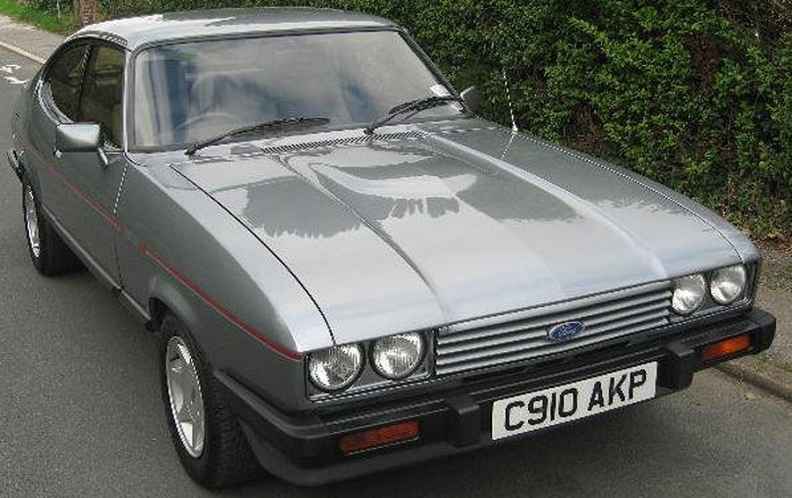For the second time in its 50-year run, the Mustang will be exported. When the new model arrives late next year, Ford Motor Co. plans to market the iconic American sports coupe globally.

This is the wrong move. And I predict the iconic pony car will flop.
Although Mustang has its fans globally, it isn't the sporty coupe that first comes to mind in places like Germany, England, Australia and Japan whenever Ford and sports cars are mentioned.
What Ford's overseas fans really want the company to build for them is not some modified American Mustang, but a true successor to the classic Capri.
We're not talking about the Mustang-based 1980s car badged as a Mercury Capri or the wedge-shaped 1990s Australian-built, Mazda based, front-wheel drive Capri convertible that followed it.
No, we're talking about the British-and German-built, rear-wheel drive coupe made from 1969-1987. That car, which still holds the record as the most successful captive import Ford ever sold here, was available as a Mercury Capri from 1969-1977.
It was marketed under the tagline: "The Sexy European." More than 500,000 were sold in the United States.
In all, more than 2.3 million European Capris were made during its run.
Today, restored Capris are some of the most collectible and expensive classic Fords in Europe. And Ford's performance fans outside the United States have been pestering the company for years for a new Capri.
The upcoming Mustang is likely going to be big, too heavy and too fuel thirsty for Europe and Asia. And no Mustang has really ever been agile enough to be at home on the continent's tight roads and small enough to squeeze into European and Asian parking spaces.
Worse, big, thirsty American engines don't have much appeal in places like Great Britain where petrol, err gasoline, is about $9 per gallon.
Overseas, engines larger than 2.0-liter are considered big. And even if the new Mustang were to get 30 or 35 miles per gallon in European driving, it would still be a guzzler by overseas standards.
